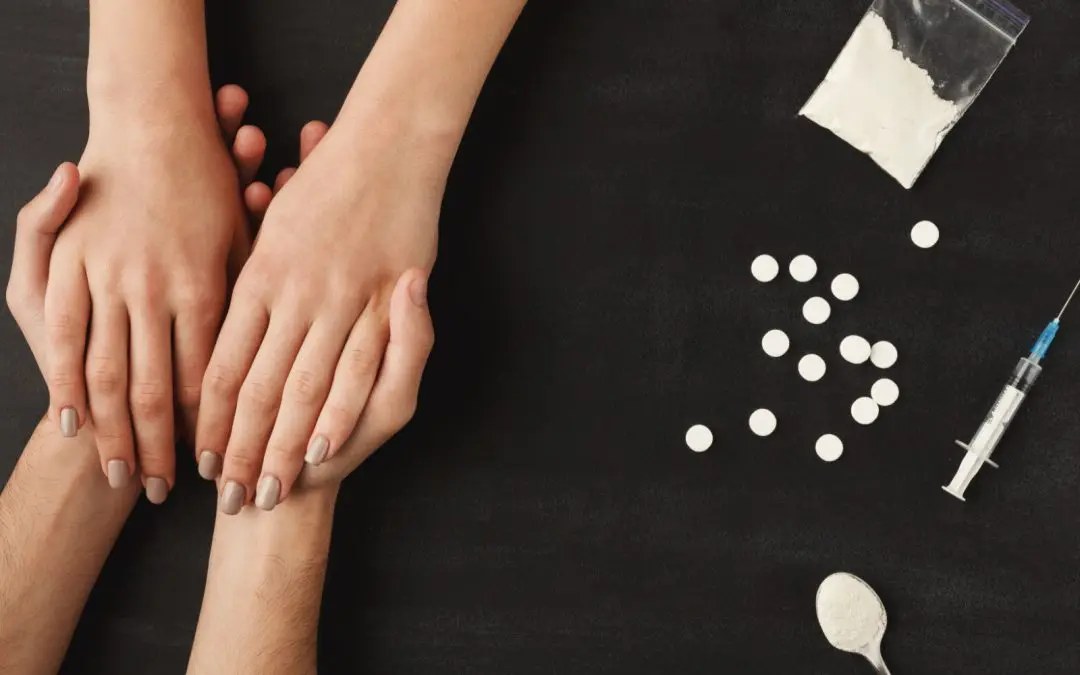24/7 Helpline:
(866) 899-221924/7 Helpline:
(866) 899-2219
Learn more about Opioid Rehab centers in San Juan County

Other Insurance Options

EmblemHealth

United Health Care

AllWell

CareSource

Multiplan

Magellan Health

UMR

WellCare Health Plans

Amerigroup

Optima

BlueCross

CareFirst

Medical Mutual of Ohio

Molina Healthcare

Private insurance

Access to Recovery (ATR) Voucher

Sliding scale payment assistance

Premera

MHNNet Behavioral Health

Horizon Healthcare Service

Seasons Counseling
Seasons Counseling is an outpatient treatment facility that helps individuals struggling with chemic...








